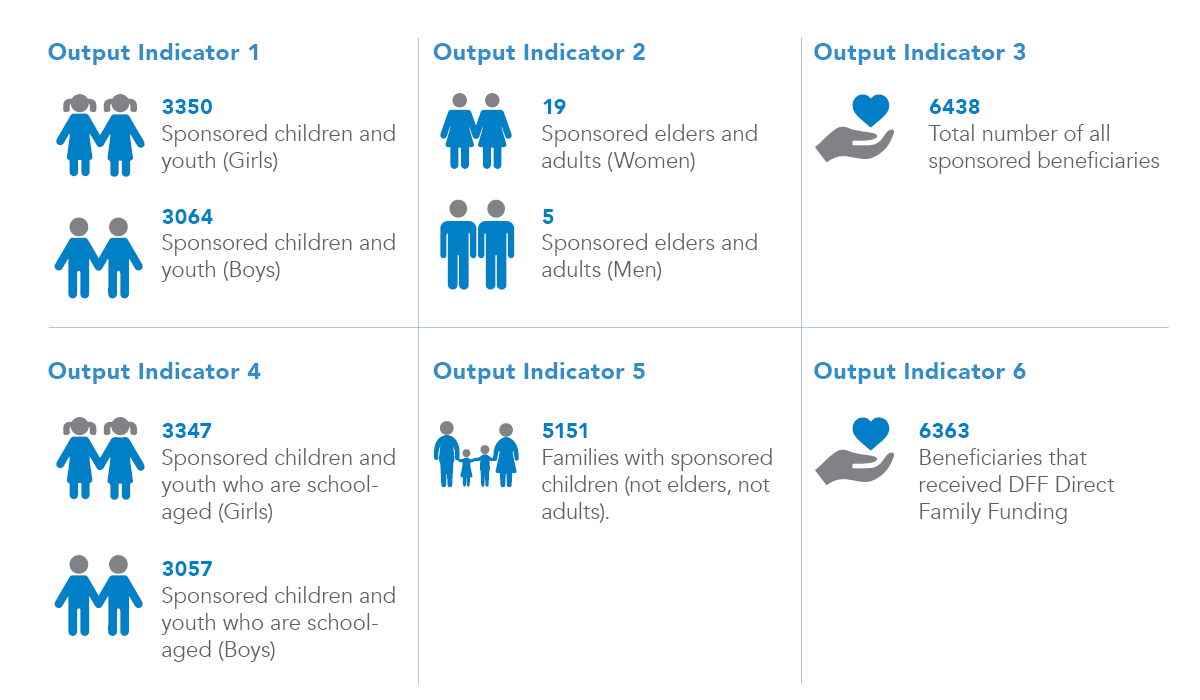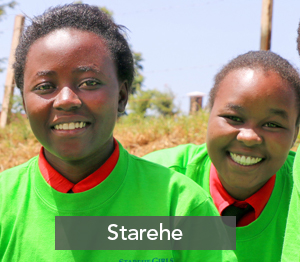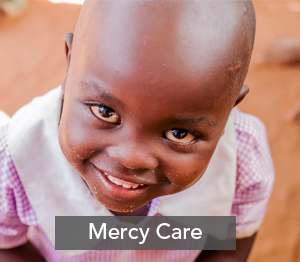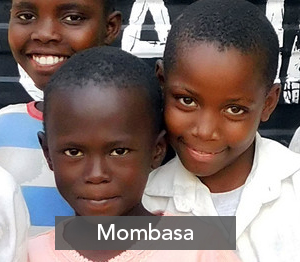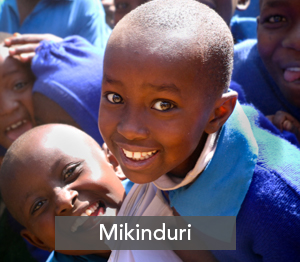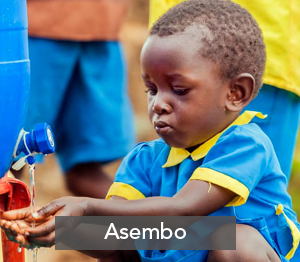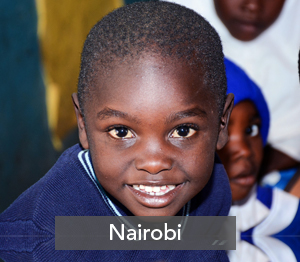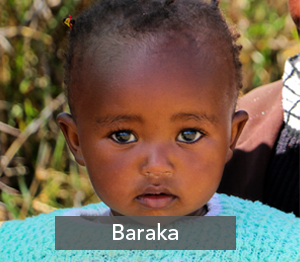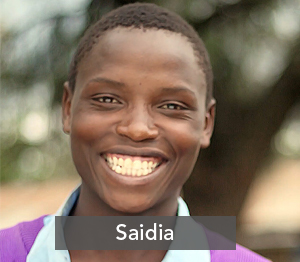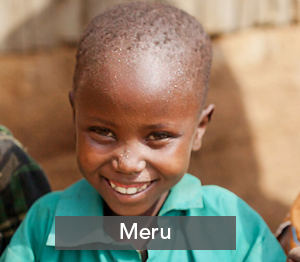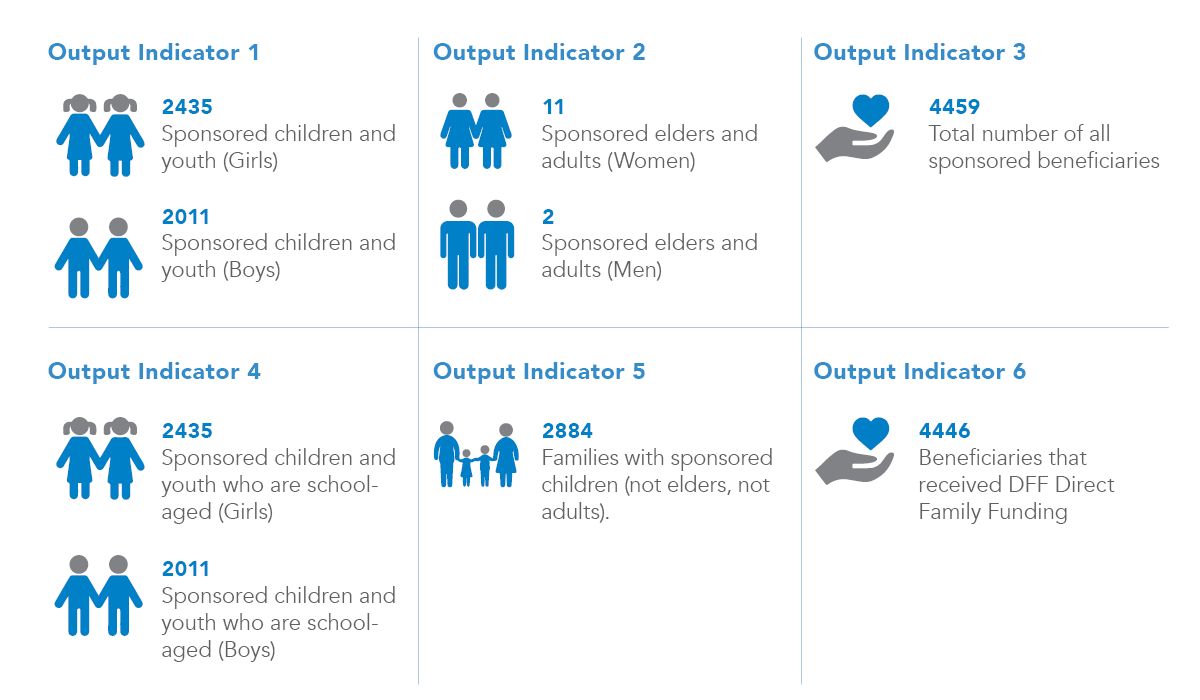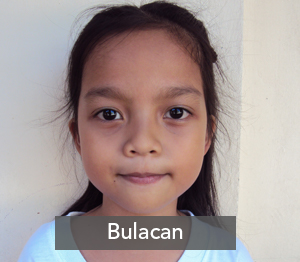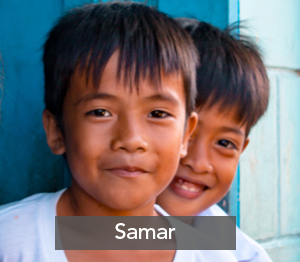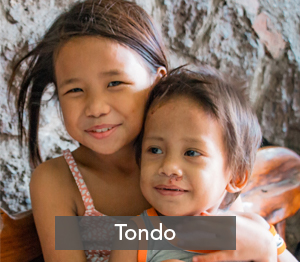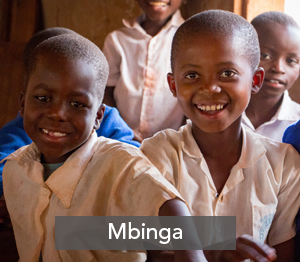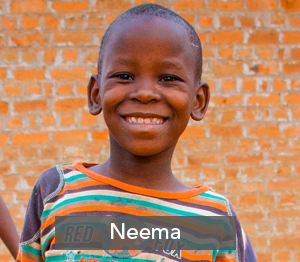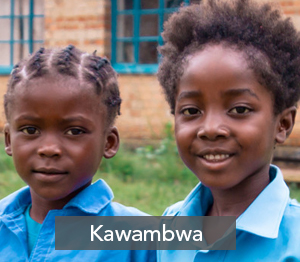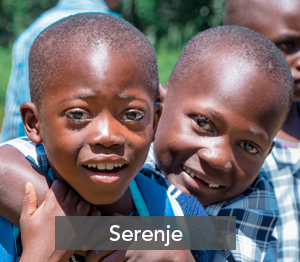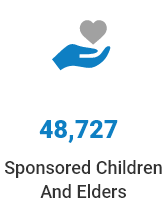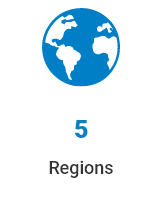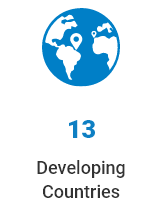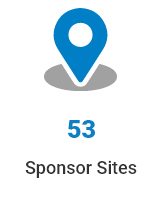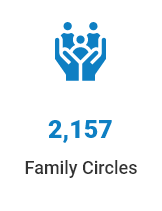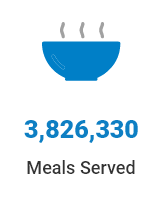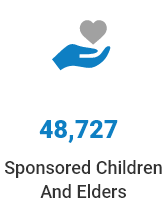- Category: Countries
Chalice has been serving children and seniors in Kenya since 1996 in nine sites in both rural and urban communities.
Primary education is free in Kenya; however that does not include mandatory items such as books and uniforms. School infrastructure is poor and there is little investment in other public infrastructure, including hospitals and road networks. Agricultural output is poor because the country relies on rain-fed agriculture, despite increasingly arid climates, which leads to widespread food insecurity. The country struggles with tensions among ethnic groups, which can lead to violence and displacement.Through the support of sponsors and donors, Chalice and our local partners focus on:
- Education - Ensuring each child completes their education until high school graduation, at a minimum.
- Nutrition & Agriculture - Our partners implement school feeding programs to ensure that children have a balanced and nutritious meal daily. They also work with parents to become more agriculturally productive with their available local resources and improve their agri-businesses.
- Inclusion of marginalized communities - Parents and seniors involved in family circles benefit equally from the sponsorship program’s funding, capacity building, and opportunities.
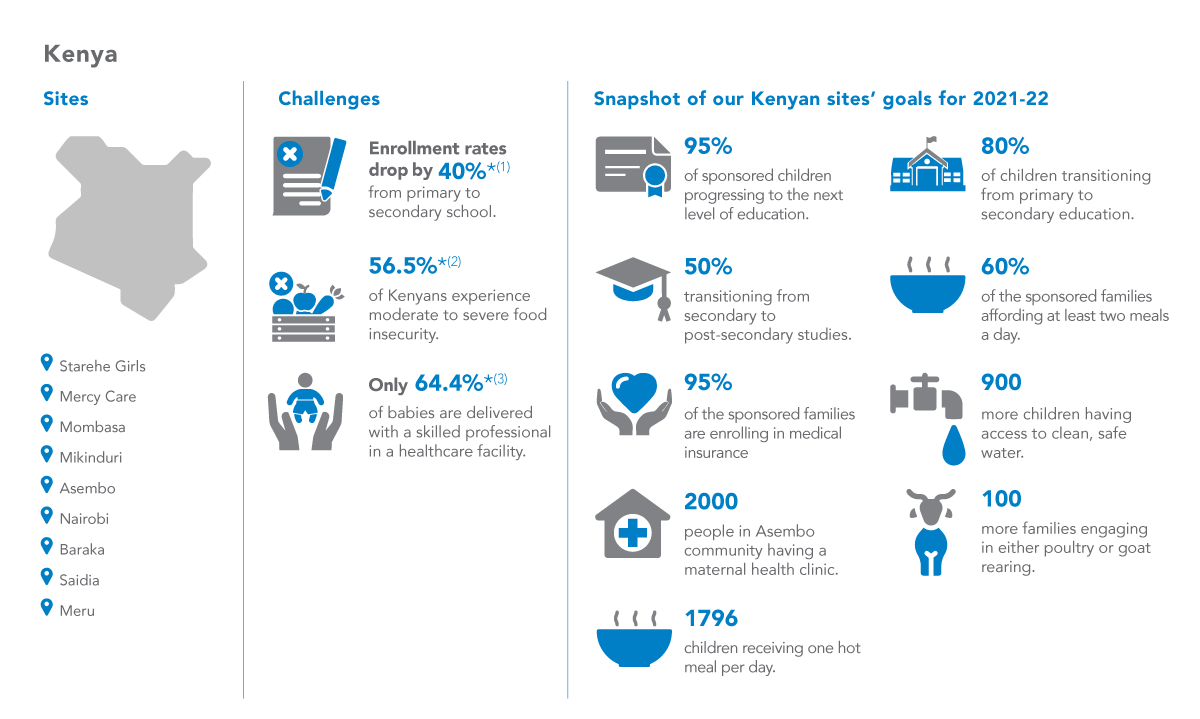
*(1) - UNICEF - Education | UNICEF Kenya
*(2) - UN - 26360VNR_2020_Kenya_Report.pdf (un.org)
*(3) - UN - 26360VNR_2020_Kenya_Report.pdf (un.org)
Sponsor sites in Kenya
- Category: Countries
Chalice has been serving children in the Philippines since 1999, and is currently working in three sites in both rural and urban communities.
It is difficult for many children to attend school, because public schools are poorly funded and teachers are often under-qualified. The two most urgent issues of children’s health is stunting, which is caused by poor fetal development, and malnutrition. Anemia and dental health are also of major concern. Internal political disruption and civil armed conflict have kept communities in conditions of extreme poverty and prevented large populations of children from attending school. Families in urban settings typically construct their homes in “squatter” conditions, and rural families are very vulnerable to extreme weather and natural disasters, especially typhoons, floods and mudslides.
Through the support of sponsors and donors, Chalice and our local partners focus on:
- Education - Ensuring each child completes their education until high school graduation, at a minimum. Our sites places special emphasis on providing access to education to children of marginalized groups.
- Nutrition - Our partners ensure children have balanced, nutrient-rich diets by implementing school feeding programs through the support of the Chalice Nutrition Program.
- Resilience - Bolstering parents’ abilities to generate income and take leadership in their communities, as well as building physical infrastructure before and after extreme weather events and natural disasters.
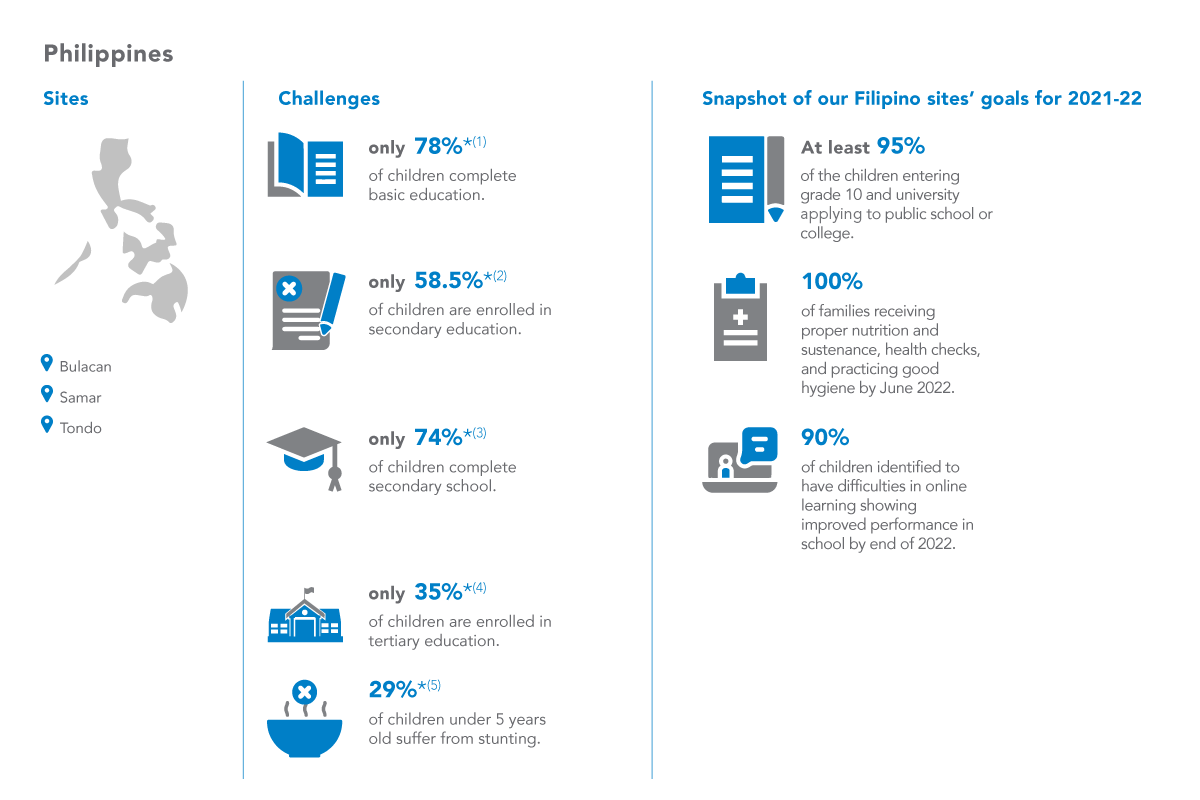
*(1) - UNICEF - Education | UNICEF Philippines
*(2) *(3) - WENR - Education in the Philippines - WENR (wes.org)
*(4) - WORLDBANK - School enrollment, tertiary (% gross) - Philippines | Data (worldbank.org)
*(5) - WORLDBANK - https://thedocs.worldbank.org/en/doc/c8c10ff8b15291d1846cb8b73714aa08-0070062021/original/PH-Undernutrition-Report-Executive-Summary-2021.pdf
- Category: Countries
Chalice has been serving children and seniors in Tanzania since 1998 in two sites in rural communities.
The average rural Tanzanian family is quite large, and parents often struggle to afford school fees for all of their children. Children are at high risk of dropping out, which increases high rates of unemployment and out-migration of men to urban mining centres. Women are left to run their smallholder farms for food and livelihood; they have no access to modern techniques and information, and yields are poor. As a result, more nutritious foods are prioritized to sell for profit and nutrient-poor foods (eg cassava) are kept for families to eat. Malnourishment and stunting is endemic among the children.
Through the support of sponsors and donors, Chalice and our local partners focus on:
- Education – Ensuring each child completes their education until high school graduation, at a minimum. Our Indian sites places special emphasis on providing access to education to children living with stigma or physical health conditions.
- Livelihood- providing capacity-building training for parents, especially women, to assist them in finding work or beginning their own income-generating projects.
- Care for the Extremely Vulnerable – Providing adequate care and resources for marginalized people in extreme need, including orphans and individuals living with HIV/AIDS, leprosy, disabilities, and severe social stigmatization.
- Agriculture -Chalice is undertaking a three-year project to improve sustainable farming methods to increase yields which will provide food for school feeding programs, as well as provide income from the sale of produce. This program started in Kenya in 2012, and the current project (phase three), will focus on creating sustainable a sustainable community farming system in Ghana, Tanzania, and Zambia . Read the report here: Planting a Seed - A definitive guide to the development of Chalice's sustainable farming projects in Africa.
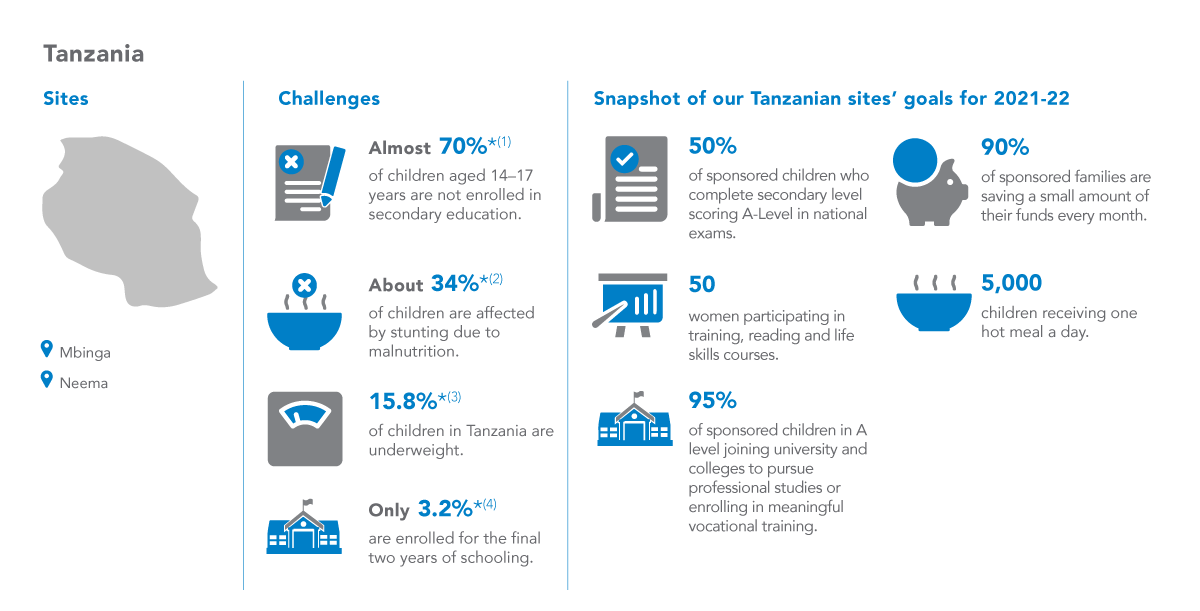 Source Links:
Source Links:*(1) - UNICEF - Education | UNICEF United Republic of Tanzania
*(2) - UNICEF - National Multisectoral Nutrition Action Plan 2016-2021 | UNICEF United Republic of Tanzania
*(3) - WHO - TanzaniaLandscapeAnalysisFinalReport.pdf (who.int)
*(4) - UNICEF - Education | UNICEF United Republic of Tanzania
Output Indicators - October to December 2021
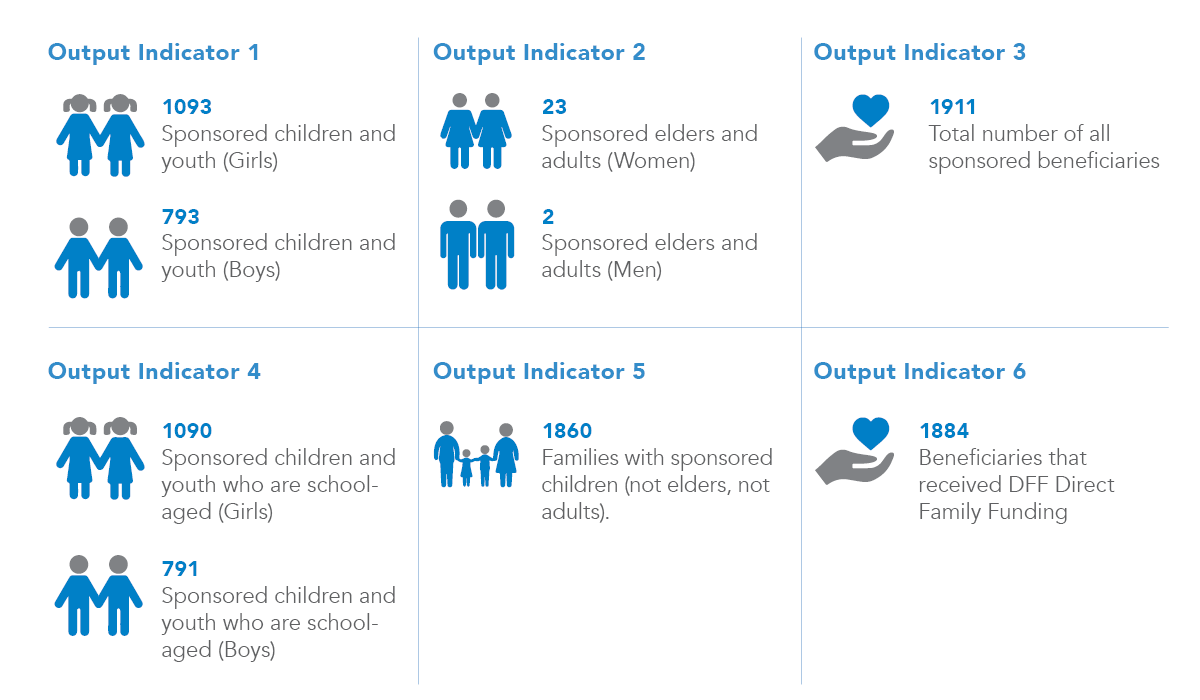
- Category: Countries
Chalice has been serving children in Zambia since 1997 in two sites in very rural communities. Chalice has built schools and continues to run them in areas where there are no other educational opportunities.
Schools in Zambia are located in major cities, but there are very few in rural communities, forcing children to travel long distances to attend any kind of formal education. In the communities where Chalice works, there is very little access to any health care because most doctors are unwilling to work outside of urban centres. Chalice works with primarily female-headed households, because men travel for mining work. Domestic responsibilities keep women from pursuing education, creating a cycle of under-education with their children.
Through the support of sponsors and donors, Chalice and our local partners focus on:
- Education - Bringing quality educational facilities to under-served rural areas.
- Adult education - Empowering women with literacy, skills training, health, and their basic rights.
- Agriculture - Chalice is undertaking a three-year project to improve sustainable farming methods to increase yields which will provide food for school feeding programs, as well as provide income from the sale of produce. This program started in Kenya in 2012, and the current project (phase three), will focus on creating sustainable a sustainable community farming system in Ghana, Tanzania, and Zambia . Read the report here: Planting a Seed - A definitive guide to the development of Chalice's sustainable farming projects in Africa.
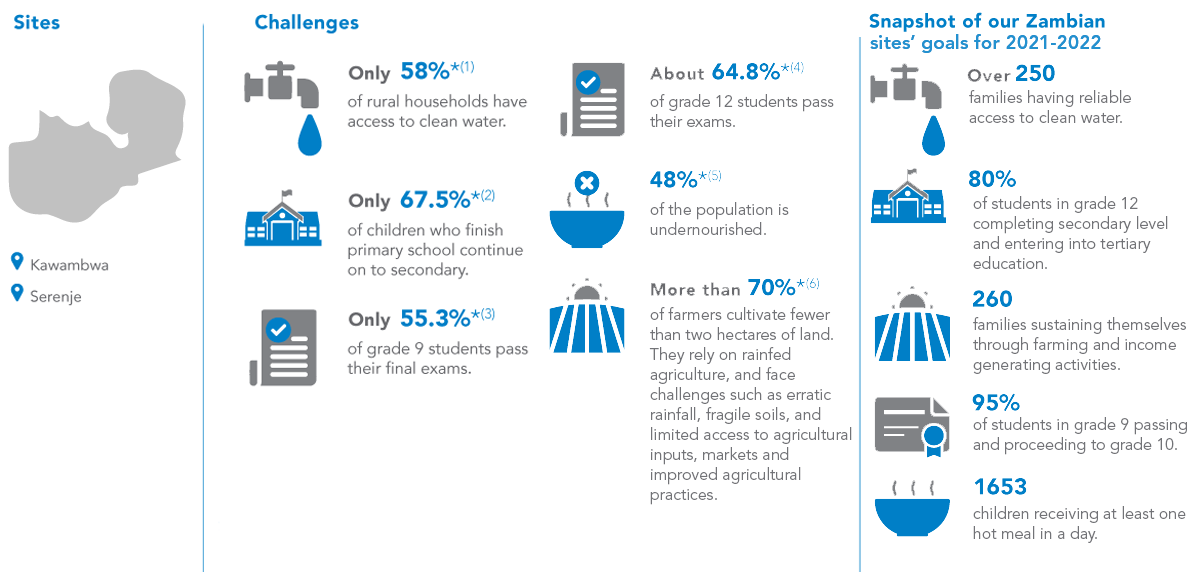
Source Links:
*(1) - DHS - Zambia Demographic and Health Survey 2018 [FR361] (dhsprogram.com)
*(2) *(3) *(4) - UNICEF - Education | UNICEF Zambia
*(5) - WFP - COUNTRY PROGRAMMES (wfp.org)
*(6) *(7) - WFP - COUNTRY PROGRAMMES (wfp.org)
Output Indicators - October to December 2021
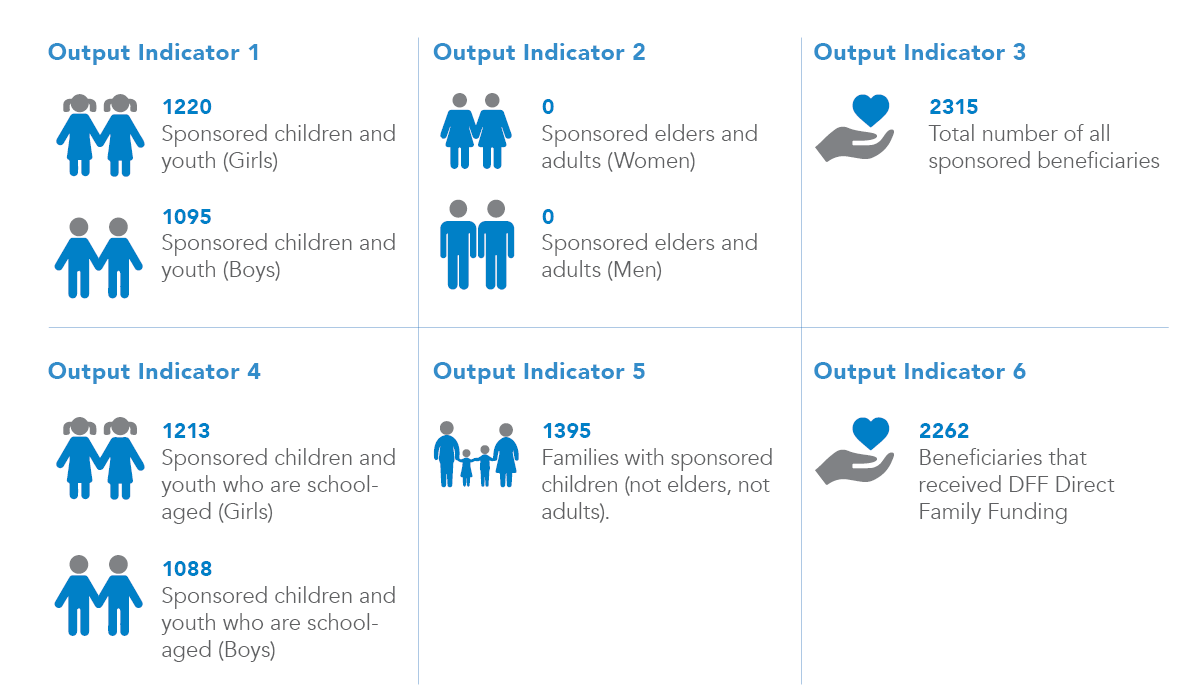 Sponsor sites in Zambia
Sponsor sites in Zambia
